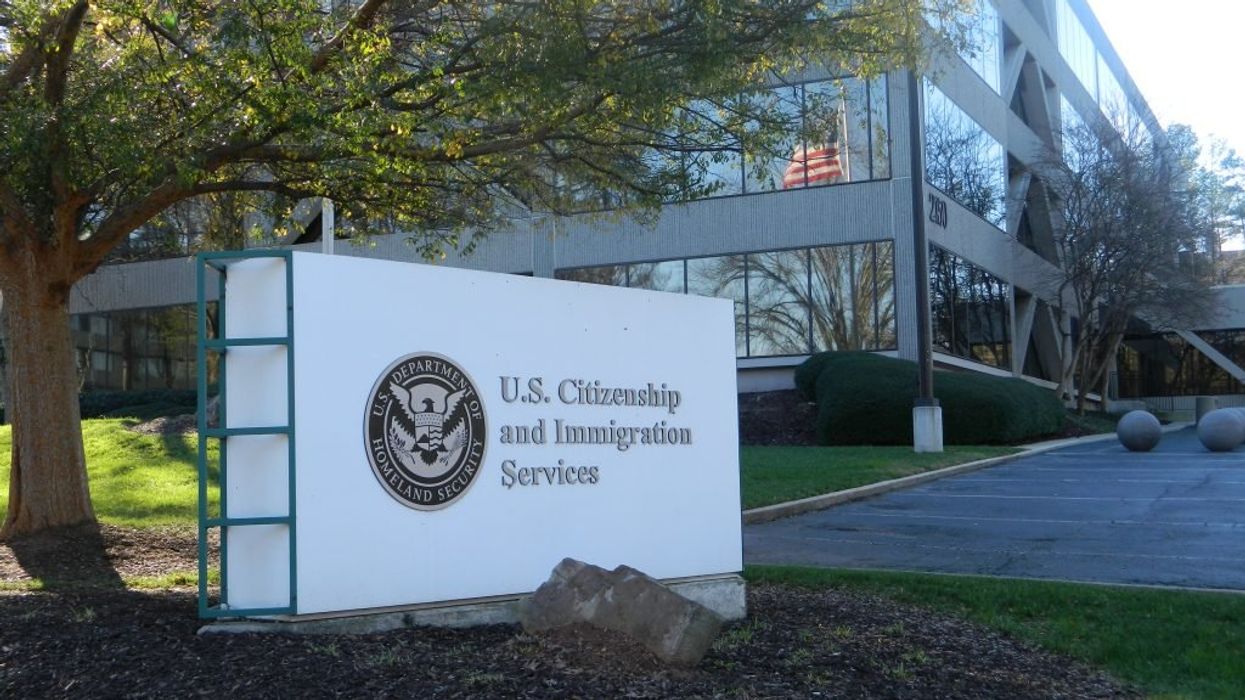The Trump administration has introduced a new immigration policy that allows U.S. Citizenship and Immigration Services (USCIS) to deny visas, green cards, and even citizenship applications if an applicant is flagged for “anti-American” activity online. The move is already drawing concern from immigration attorneys and digital security experts, who warn that the vague wording opens the door to arbitrary decisions and potential violations of free speech.
Ayla Adomat, managing attorney of Adomat Immigration and specialized in green card applications, said in an interview with Latino News Network, the government has not provided a clear standard for what qualifies as “anti-American.” “So it does seem that prior social media posts can put a visa or green card application at risk. This has been confirmed by USCIS,” she explained. “What we are seeing, though is…we’re still kind of figuring out what counts as social media here.”
Adomat noted that obvious hate content, such as anti-Semitic posts or symbols tied to extremist movements, has already been flagged. But she cautioned that political commentary could also come under scrutiny. “Commentary against Trump or the Trump administration…this can really be construed a couple of different ways,” she cautioned. “Because these policies are so new, we’re still waiting to see how these are really interpreted by the government and also later the courts, because there’s absolutely going to be litigation.”
On constitutional grounds, Adomat said there is a strong legal argument that the First Amendment applies to non-citizens. “Several Supreme Court cases have alluded to this, though it hasn’t been the central holding. That’s why I think the Trump administration is fighting it”, told LNN.
Existing immigration vetting already screens applicants for ties to terrorism, criminal activity, or other security risks. The new policy represents a shift from concrete threats to ideology and opinion. Nic Adams, co-founder and CEO of the cybersecurity firm 0rcus, argued in a statement sent to LNN the vagueness of the guidance highlights the risks of giving officers wide discretion to scrutinize digital histories. Leaving “anti-American” undefined, he warned, “could allow officers to conflate legitimate political dissent with a fundamental rejection of the United States,” putting otherwise eligible applicants in the position of having to defend old posts or satire as if they were security threats.
"The lack of a specific time limit for this review and the broad nature of what can be considered 'anti-American' means that applicants must be prepared to have their entire public digital history scrutinized", Adams added. The expert said that this could put otherwise eligible applicants in a position of having to explain or defend past speech that, at the time, was a simple expression of political opinion.
Critics say the policy could create a chilling effect among immigrants and applicants for legal status, who may self-censor for fear that online comments could be misinterpreted. Adomat stressed that applicants are now being advised to review their digital history carefully because even opinions, not just past actions, could be grounds for denial.
The policy, still in its early stages, is likely to face challenges in federal court. Until then, immigration lawyers are advising clients to review their digital footprint and think twice before posting about politics online.




















